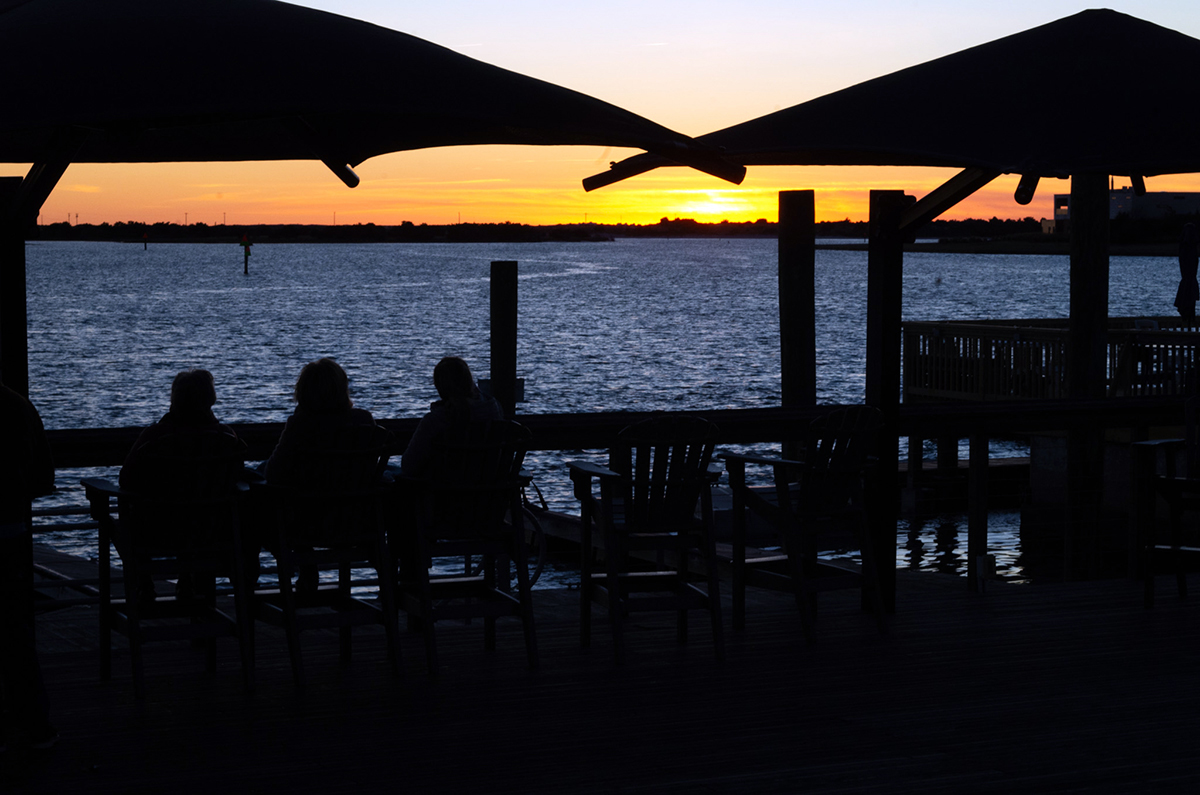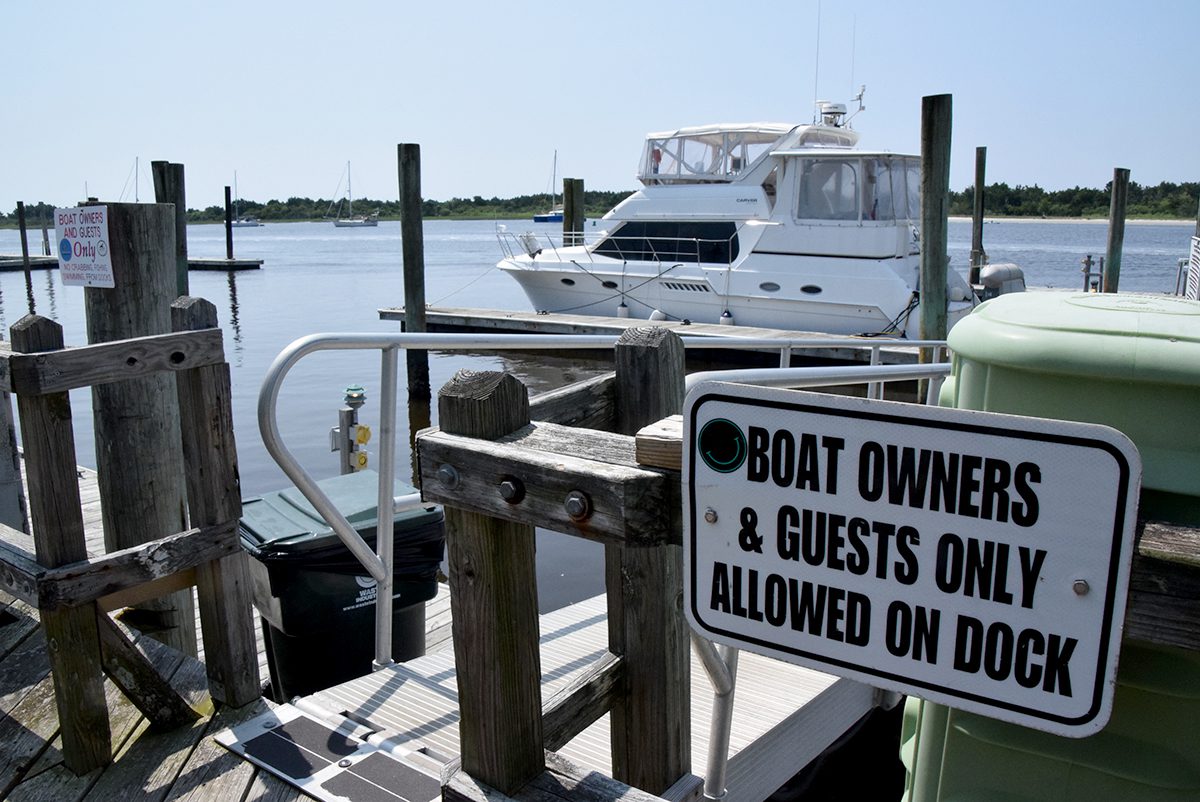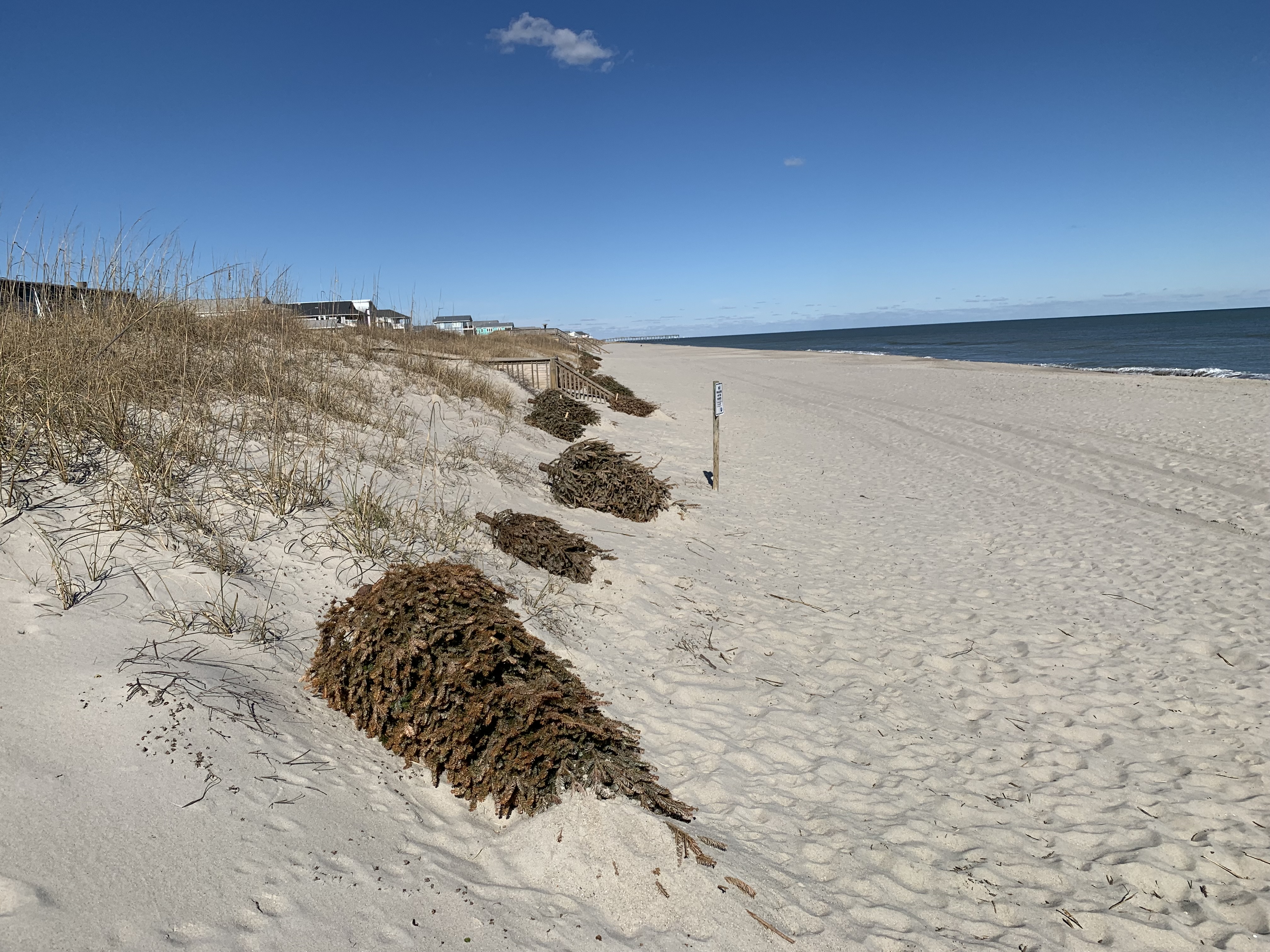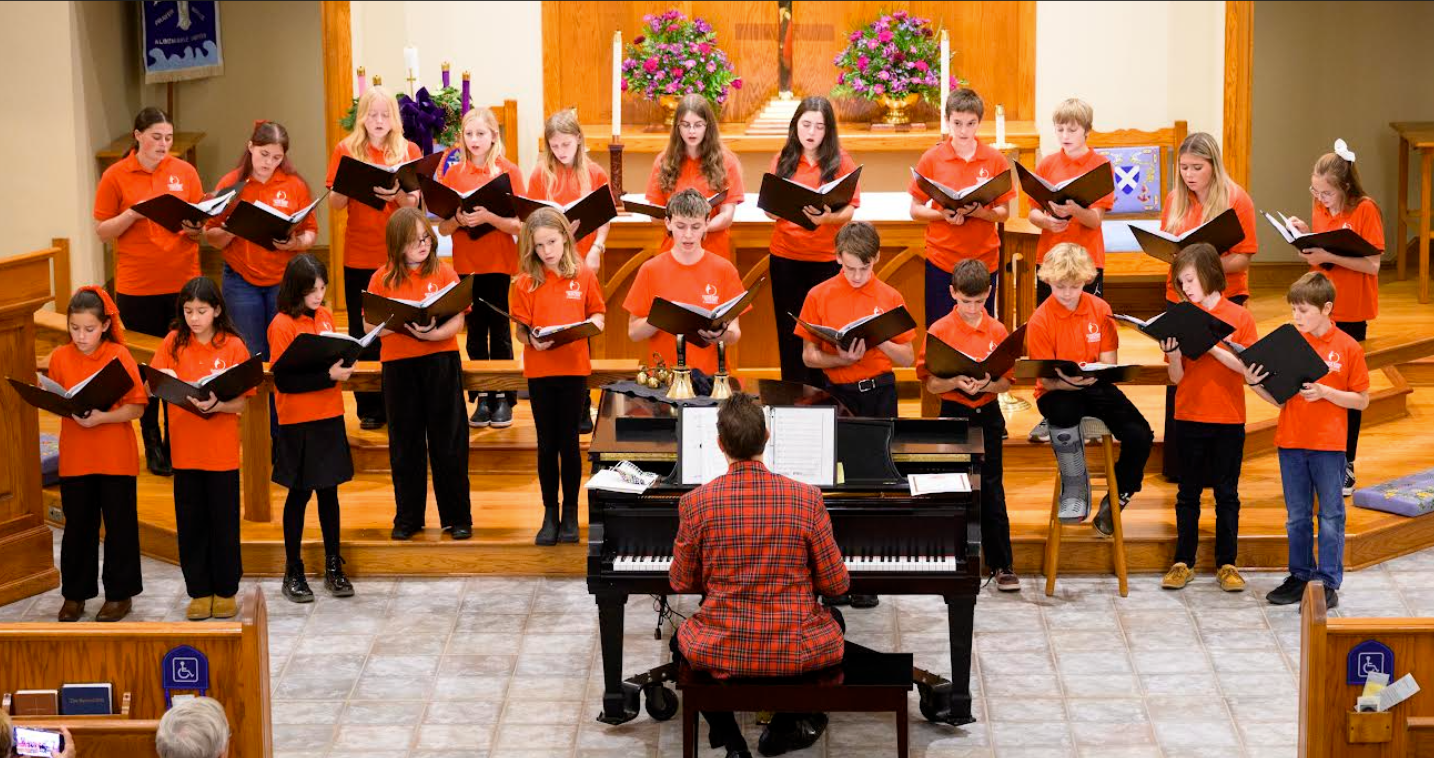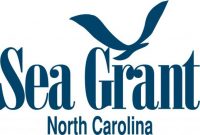
Deadlines are just around the corner for fellowship and grant opportunities through North Carolina Sea Grant.
North Carolina Sea Grant provides research, education and outreach opportunities relating to current issues affecting the state’s coast and its communities.
Supporter Spotlight
Headquartered at North Carolina State University, Sea Grant is a multicampus program within the state university system. Sea Grant has been a resource since 1970 for scientists, educators, local officials, government agencies, coastal businesses and the public to find information about the state’s coastal ecosystems.
Community Collaborative Research Grant Program
The Community Collaborative Research Grant Program, or CCRG, will accept proposals until 5 p.m. Dec. 21. This program is supported by Sea Grant and the state’s Water Resources Research Institute, in partnership with the William R. Kenan Jr. Institute for Engineering, Technology and Science, at North Carolina State University.
These projects use a collaborative research approach that brings community stakeholders and scientific experts together to address urgent coastal issues. There is an added emphasis this funding cycle on strategies and solutions for human health challenges caused by the changing climate.
“This program is an effective and efficient process to continually address community priorities that can change year to year,” John Fear, deputy director of North Carolina Sea Grant and NC WRRI, said in a statement.
Proposals should align with North Carolina Sea Grant and WRRI’s vision for diversity, equity, inclusion, justice, and accessibility and with the missions and strategic plans of Sea Grant, WRRI, and KIETS.
Supporter Spotlight
2024–2026 applied research grant cycle
Deadline for preproposals for the 2024–2026 applied research grant cycle to address problems affecting coastal ecosystems, economies, and communities is Jan. 13.
“This funding opportunity continues our tradition of connecting innovative research and outreach programs across our state’s public and private universities with coastal and coastal watershed communities to address critical, place-based, needs,” Susan White, North Carolina Sea Grant’s executive director, said in a statement. “Rural areas in the state, including much of the coast, face a combination of challenges — including economic, social, and environmental stressors.”
Sea Grant uses a two-step process for its core funding. First, researchers submit preproposals that outline their research, its need within the state, the approach and strategy, and team members. A preproposal is required before researchers may submit a full proposal for the final competitive review in 2023.
Lead investigators from any institution of higher education in North Carolina can submit proposals. Collaborators can come from academic, industry, government, and other areas of expertise.
These 2024- 2026 research grants will fund projects that begin Feb. 1, 2024, and finish by Jan. 31, 2026.
Detailed instructions and application materials are available online.
National Marine Fisheries National Sea Grant Fellowships
North Carolina doctoral students have until 5 p.m. Jan. 25 to apply for 2023 National Marine Fisheries National Sea Grant Fellowships.
There will be five fellows total selected for the two concentrations: population and ecosystem dynamics, and marine resource economics. Each fellow will work with a mentor from NOAA Fisheries.
“This joint fellowship provides hands-on research experience, while also fostering a direct connection with NOAA,” Fear said.
Each fellowship offers funding for up to three years and cost sharing by the selected student’s institution of higher education is required. Funding is contingent on availability of funds and satisfactory performance by the recipients.
Sea Grant only accepts applications from doctoral students enrolled in an N.C. academic institution. North Carolina applicants must apply through eSeaGrant online portal at go.ncsu.edu/ncesg. Students enrolled in programs outside the state can find application information here.
2024 Dean John A. Knauss Marine Policy Fellowship
North Carolina graduate students need to have their application in by 5 p.m. Feb. 16 for the 2024 Dean John A. Knauss Marine Policy Fellowship.
NOAA offers the fellowship through the National Sea Grant Office in honor of John A. Knauss, who was a Sea Grant founder, NOAA administrator, and dean of the University of Rhode Island’s Graduate School of Oceanography.
The 2024 Knauss fellows will serve from Feb. 1, 2024 to Feb. 28, 2025 in Washington, D.C. to work on federal policies and processes that affect ocean, coastal and Great Lakes issues. Fellows may work in host offices in the U.S. Senate and House, as well as in departments in the executive branch, including many NOAA programs.
Top candidates will be invited for interviews in March and then nominate a small handful for consideration at the national level.
All students from North Carolina must submit their applications through the eSeaGrant online portal, which includes detailed instructions and requirements at go.ncsu.edu/ncesg.
NOAA Coastal Management Fellowships
National Oceanic and Atmospheric Administration’s Coastal Management Fellowship applications are due 5 p.m. Jan. 27.
“These national fellowships provide on-the-job opportunities in coastal resource management and policy, while also offering key expertise to state coastal zone management agencies and other NOAA partners,” Fear said.
Current and recent graduate students who have received or will receive their degrees from colleges and universities in the state between Aug. 1, 2021, and July 31, 2023, are eligible. Applications are through the eSeaGrant portal, which provides instructions about how and what to submit at go.ncsu.edu/ncesg.
This two-year opportunity offers a competitive salary, medical benefits, and reimbursement for relocation and travel expenses. Host sites for 2023 fellowships are located across the United States: Hartford, Connecticut; Washington, D.C.; Augusta, Maine; St. Thomas, U.S. Virgin Islands; and Olympia, Washington.
Five new fellowships will start in August 2023 and end in August 2025.
More information about the host organizations and the Coastal Management Fellowships is available online.



